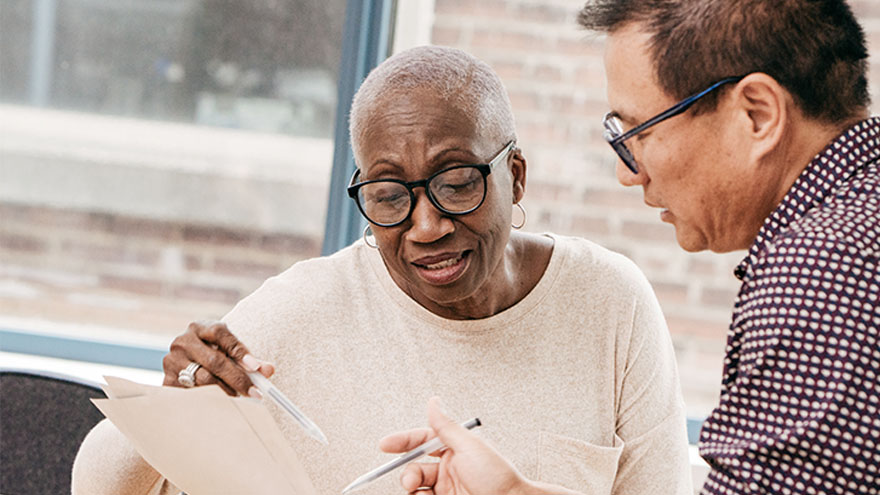Buscar
-
Navigating Renowns Cancer Care Resources Your Essential Guide
Cancer is challenging, but no one has to go through it alone. Patients and their loved ones can navigate the journey towards healing and recovery with the proper support and resources from Renown Health. When faced with a cancer diagnosis, access to reliable and comprehensive cancer resources is key. These resources provide vital information, support, and guidance for patients, caregivers and loved ones throughout cancer treatment and recovery. Cancer Resources Breast Cancer Newly Diagnosed Orientation Class Cancer Support Groups Caregiver Support General Cancer Support Group Lymphedema & Physical Therapy Men’s Prostate Cancer Support Group Newly Diagnosed Breast Cancer Workshop Smoking Cessation Spiritual Center Activities & Programs Sterling Silver 55+ Club Facebook Group At Renown and in collaboration with community partnerships, we offer a variety of resources and specialty care programs focused on improving the quality of life after cancer including: Cancer support groups play a crucial role in providing emotional, psychological, and practical assistance to those affected by cancer These groups often consist of individuals who have been through similar experiences and can offer guidance, empathy, and understanding. They provide a safe space for individuals to share their feelings, concerns, and experiences with others who truly understand what they are going through.
Read More About Navigating Renowns Cancer Care Resources Your Essential Guide
-
Lung Cancer Screening and Early Detection
Lung cancer is the leading cause of cancer deaths in both men and women in the U.S. The good news is the five-year survival rate increases dramatically if lung cancer is treated before spreading to other parts of the body. Julie Locken, MD, of Renown Health Imaging, explains more. What are the signs and symptoms of lung cancer? As you might expect, most lung cancer symptoms appear in the chest and can affect your breathing. Watch for signs such as: Persistent cough Constant chest pain Shortness of breath Wheezing Bloody or rust-colored phlegm Hoarseness Swelling of the neck Pain or weakness in the shoulder, arm or hand Recurring pneumonia, bronchitis or other lung infections Loss of appetite and loss of weight can also be signs of lung cancer That said, there are usually no symptoms in the early stages of lung cancer, which means getting screened can truly be a lifesaver. If you have a history of smoking, you should get screened as a precaution. What are the risk factors of lung cancer? Around 80% of lung cancer cases stem from a history of smoking tobacco. But there are other known causes, such as secondhand smoke, radon, asbestos and diesel exhaust. It’s important to do what you can to eliminate exposure to all of these to reduce your lung cancer risk. People with an immediate relative – a parent, sibling or child – diagnosed with lung cancer and people between 50 and 80 years old are also at higher risk and may need to consider screening. People who are at the highest risk are those with a history of smoking tobacco, particularly smokers who averaged one pack of cigarettes per day for 20 years or more, as well as former heavy smokers who quit in the last 15 years.

